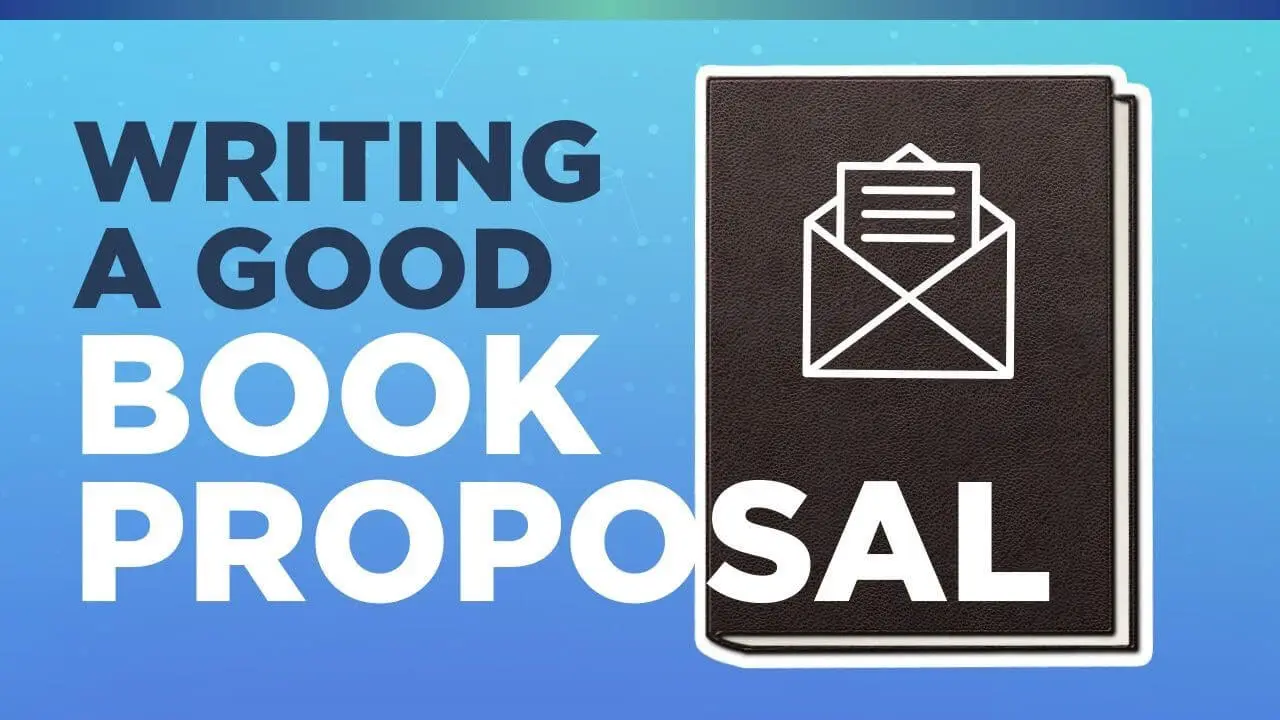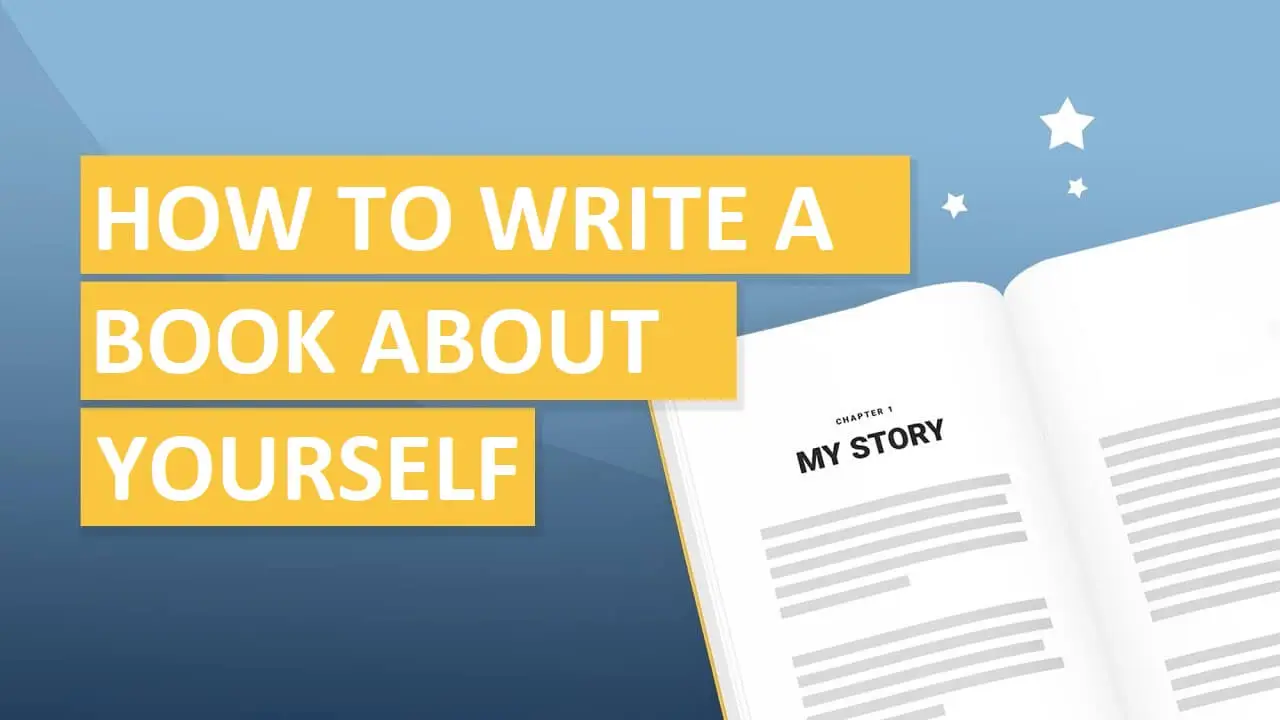How Do I Write My First Book?
Assuming you have a story to tell, you first need a way to get your words down on paper (or, these days, into a computer file).
What to Use to Write A Book?
You can do this by typing directly into a word-processing program, such as Microsoft Word, or by using a dedicated writing program, such as Scrivener.

Once you have a way to get your words down, you need a plan next. What is your story about? Who are the main characters? What happens to them? Answering these questions will help you structure your book and make writing a lot easier.
Of course, you don’t have to plan everything out in advance – some writers prefer to “discover” their stories as they go along. But even if you’re not a planner, it’s still good to have a general idea of where your story is going.
Once you have a plan, the actual writing is just a matter of sitting down and doing it. But you can do a few things to make the process easier and more enjoyable.
First, set yourself a daily word goal. This will help you stay on track and make sure you’re making progress.
Second, set aside some time each day for writing. If you can’t find an hour or two each day, try writing in shorter bursts – even 20 minutes can be productive.
And finally, don’t be too hard on yourself. Writing is a process that takes time to get good at. So cut yourself some slack and enjoy the journey.
What to Avoid When Writing a Book?
When you’re ready to start writing your book, avoid making these amateur mistakes:
- Don’t just start writing without any sort of plan. You’ll likely end up going off on tangents and including irrelevant information, making it difficult for your readers to follow along.
- Don’t try to tackle too much at once. You might feel like you need to get everything down on paper (or computer screen) right away, but it’s important to pace yourself. Trying to do too much at once will only lead to frustration and a feeling of overwhelm.
- Don’t forget to edit and proofread your work. It’s easy to overlook errors when you’re the one who wrote the text, but your readers will notice them right away. Take the time to edit and proofread your work before you publish it, or hire someone to do it for you.
- Don’t be afraid to ask for help. If you’re feeling stuck, reach out to a friend or family member who’s a good writer or editor. They can offer helpful feedback and suggestions.
- Don’t give up! Writing a book can be a daunting task, but it’s important to see it through to the end. Remember why you’re doing it in the first place, and don’t let anything stand in your way.












